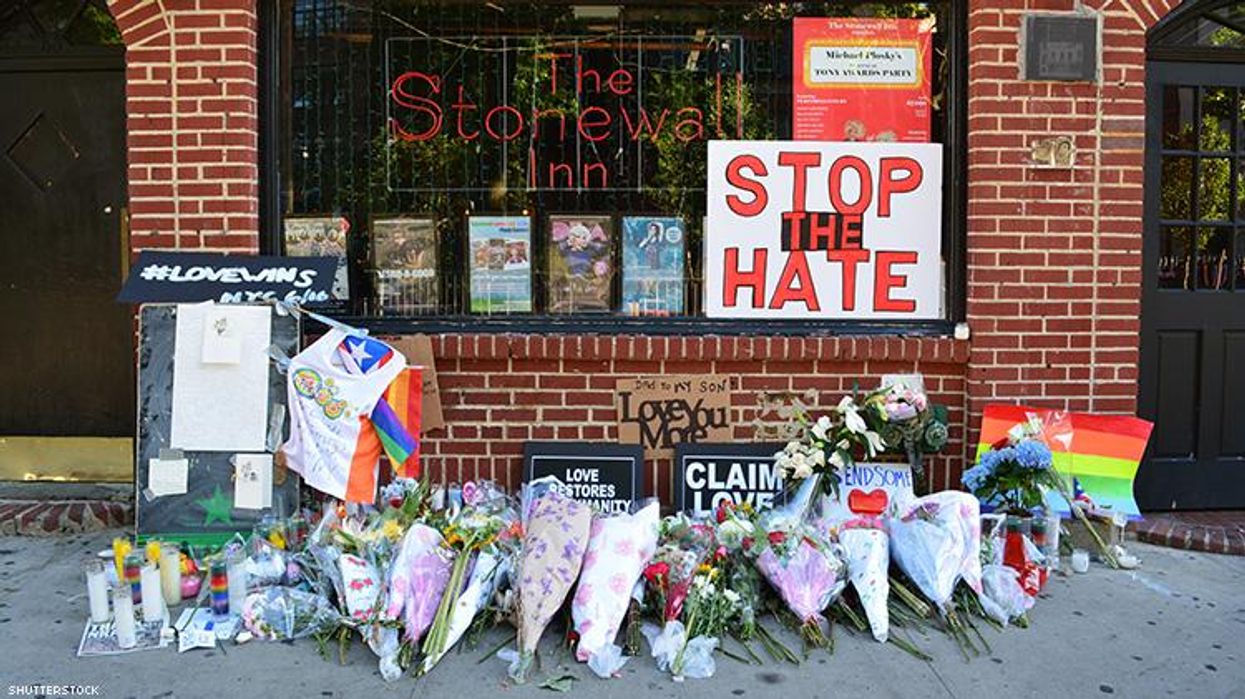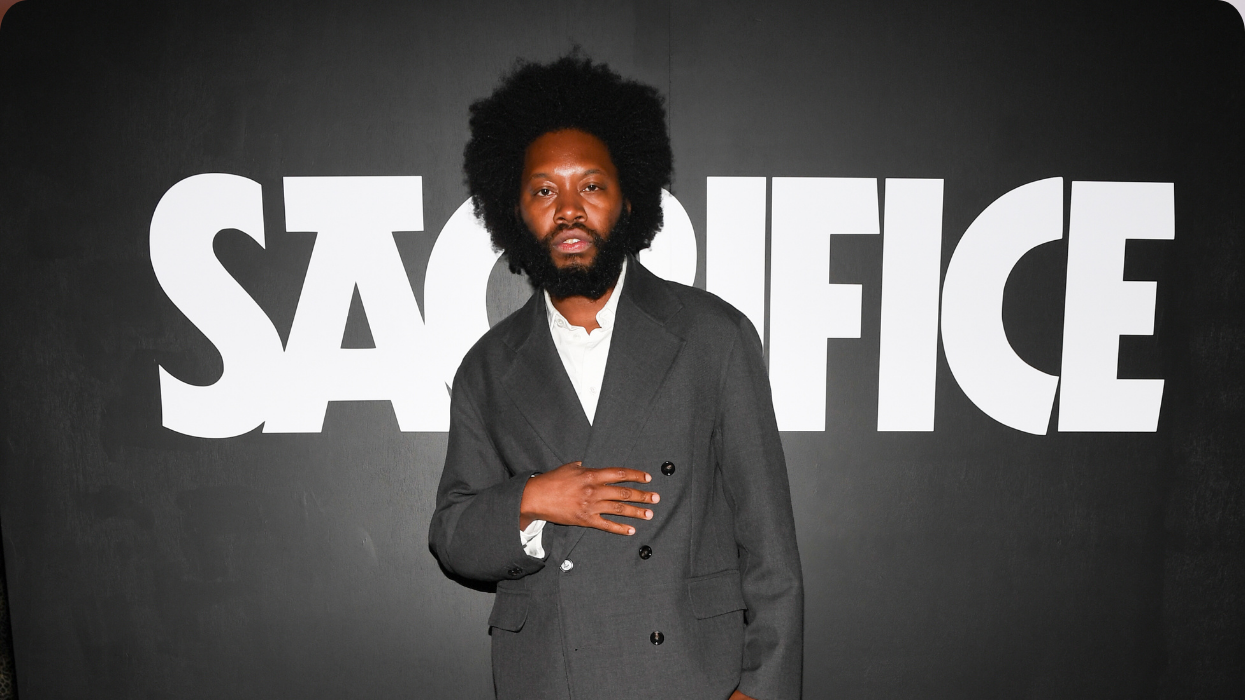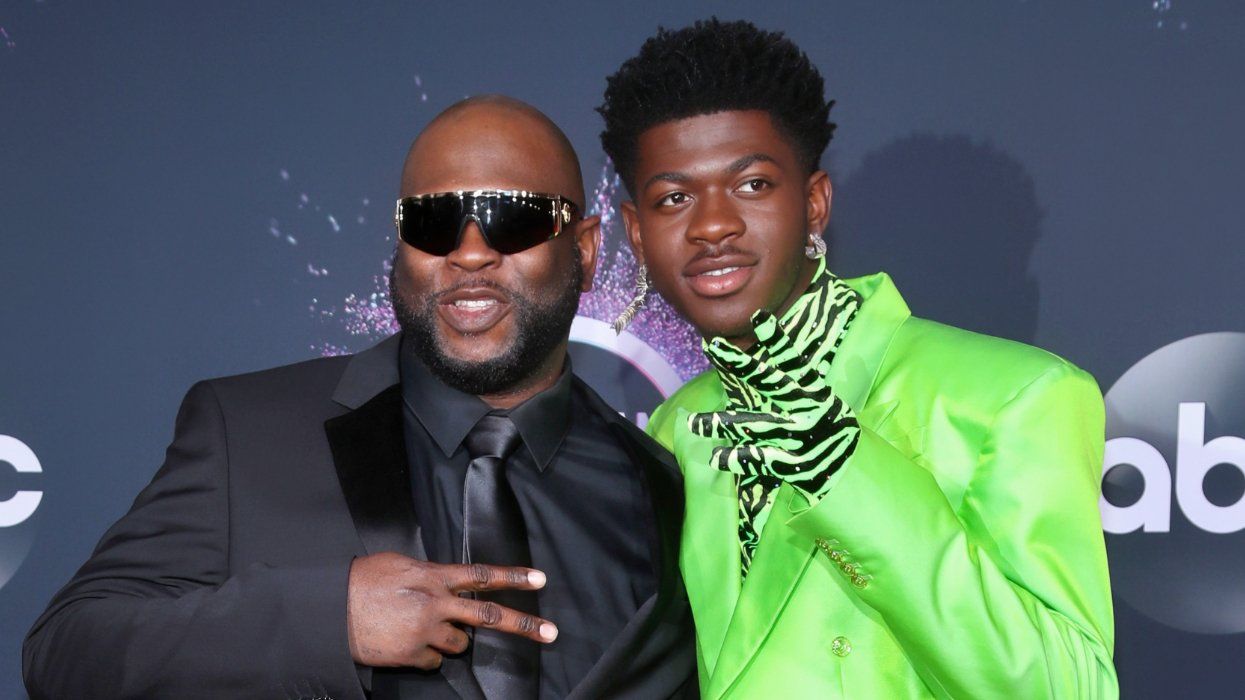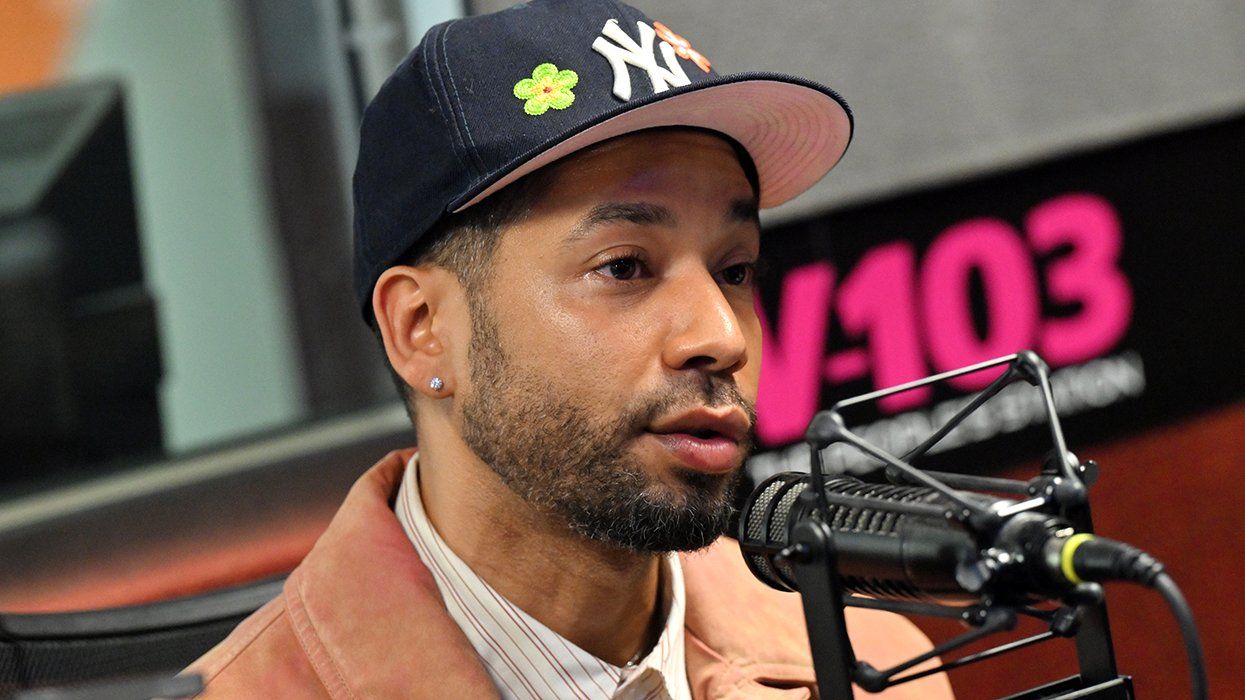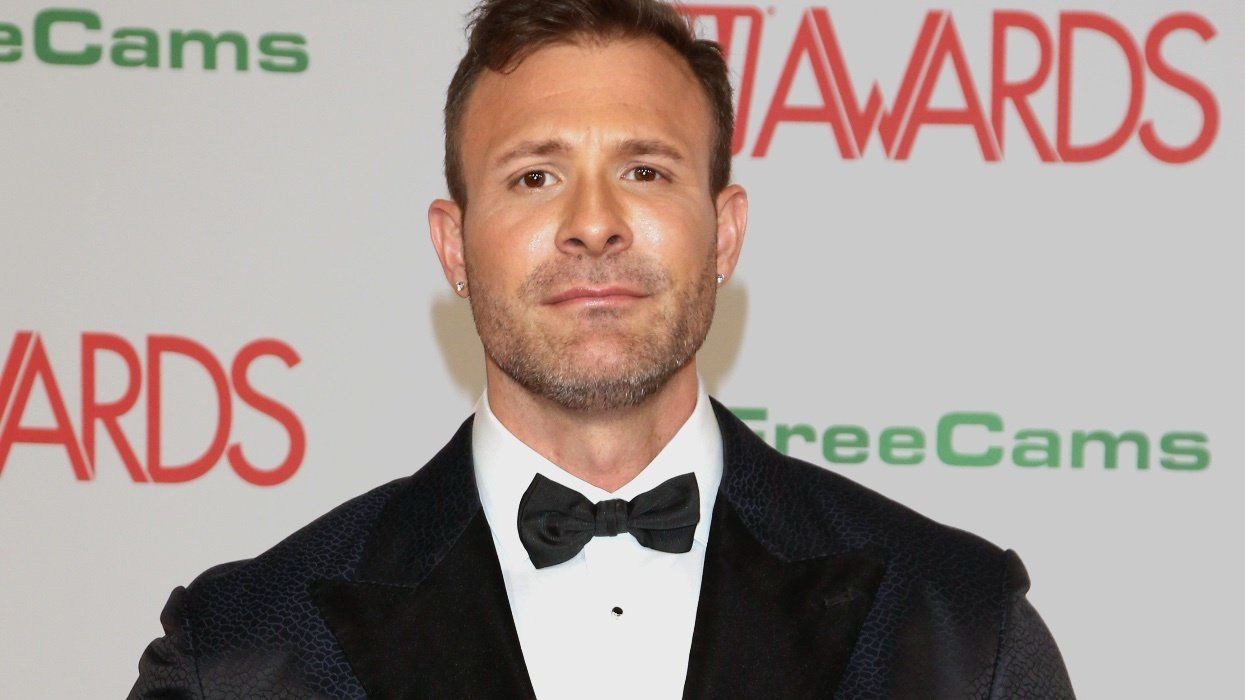A new study from security analysts shows that anti-LGBTQ+ hate crimes are rising, but limited data collection from the Federal Bureau of Investigations means that incidents might still be drastically underreported.
The research was conducted by Security.org, a private company that analyzes and recommends security systems. Their team analyzed data from the FBI, Census reports, Pew Research Center, The Williams Institute at the University of California Los Angeles, and more.
Since the late 1990s, their findings determined that the proportion of hate crimes targeting LGBTQ+ individuals has increased by more than a third, with a surge around 2011 and 2013. But there's some good news as well: Since hate crimes peaked in 2013, they've declined about 10 percent over the last three years.
That's generally consistent with other recent studies showing a rise in hate crimes, though the exact numbers don't quite match due to inconsistent reporting by individual states.
Figures indicate that within the LGBTQ+ community, the most frequent target of bias-based crime are gay men. About 56 percent of crimes target gay men, with just 11 percent targeting lesbians. Researchers found that bisexuals, trans people, and gender-nonconfirming people make up smaller percentages, though the study didn't examine the severity of the crimes. But other reports indicate that trans women, particularly trans women of color, are the most likely to be targeted.
What's more, the study found that "members of the [LGBTQ+] community are more likely than any targeted group to be victimized by hate incidents when accounting for each group's representation in the overall U.S. population." In other words: While there are overall more incidents targeting African-Americans, the proportion of LGBTQ+ people who are targeted for bias attacks is greater.
The report also attempted to identify areas of the country that posed the greatest threat, but that's a challenge due to wildly different reporting practices from one state to another. Many state agencies simply fail to report hate crimes to the FBI, while others turn a blind eye.
For example, Alabama reported only nine bias-based incidents for all of 2017, compared to neighboring Kentucky which reported 379. Alabama, Alaska, Mississippi, and Hawaii all claimed to have zero incidents targeting LGBTQ+ people in 2017.
Because reporting occurs in such a patchwork fashion, it may be more useful to look at the proportion of reported hate crimes within each state that target LGBTQ+ people. Under that framework, Nevada ranks as the worst, with 60 percent of reported incidents targeting queer and trans citizens. That's followed by Wyoming at 50 percent, Washington, D.C. at 36 percent, and Oklahoma at 32 percent.
When examining individual cities, Seattle had the highest rate of reported incidents targeting queer people, followed by Boston, Phoenix and Los Angeles. But again, these numbers don't tell the whole story, as many cities and towns across the U.S. simple fail to report bias-based incidents.
What's more, many victims fear coming forward in cities and states where law enforcement is perceived to be hostile to LGBTQ+ citizens. The FBI has no uniform method for analyzing hate crimes from different states, and simply excludes all data from Hawaii.
There are other reasons to suspect that FBI data is faulty. The Bureau of Justice Statistics, a federal agency that's part of the Department of Justice, estimates that 200,000 people are victimized by hate crimes ever year -- over 25 times higher than the figures reported by the FBI.
While hate crimes are certainly a major problem, flawed reporting by the FBI seems to have made it impossible to effectively address the issue.
RELATED | Hate Crimes Against LGBTQ+ People Are the Highest in a Decade


